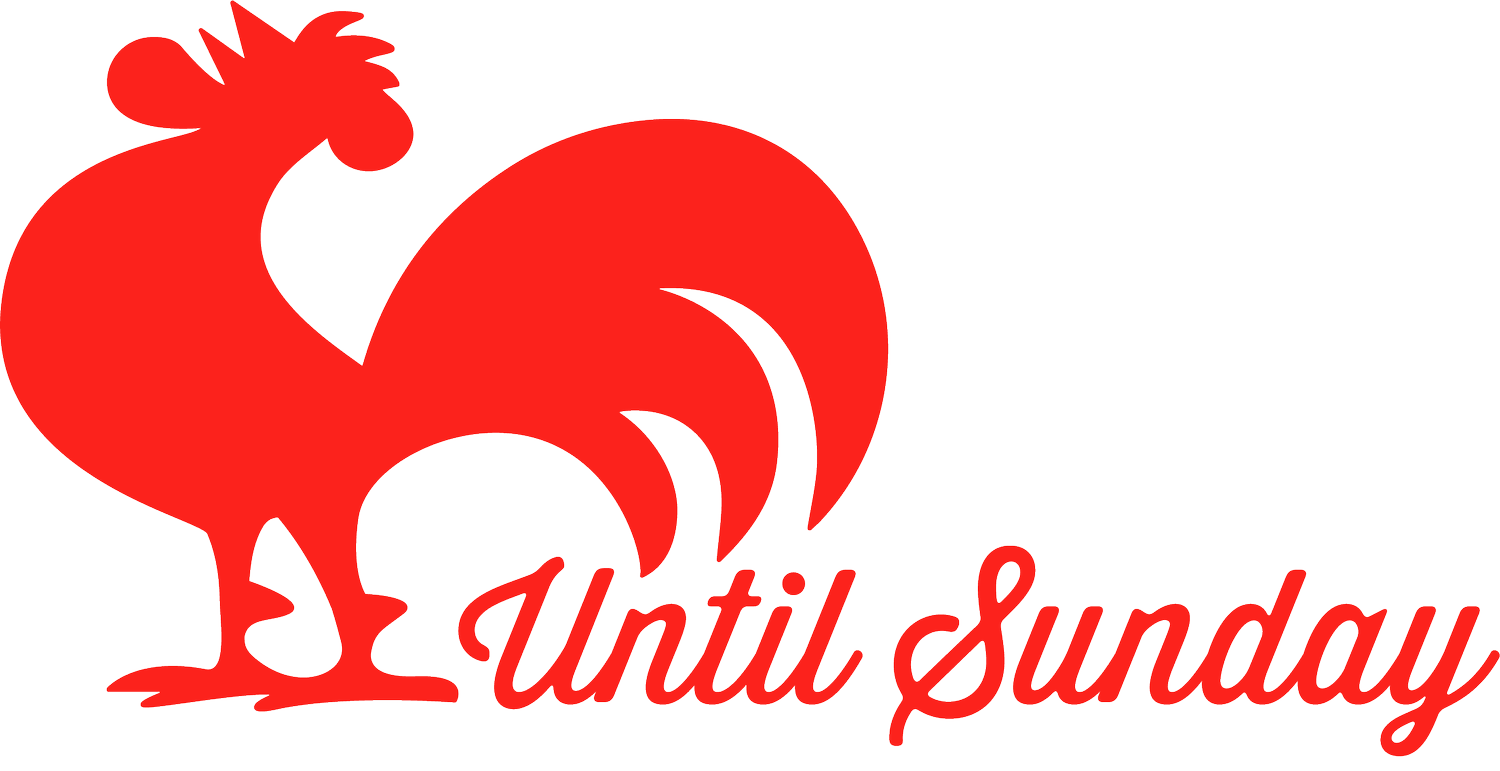#32. I look at the future of design and it looks… fine to me.
This week, I returned from Athens with a full heart and a head full of ideas.
Speaking at the Deree–American College Symposium reminded me that the future of design isn’t something to fear, it’s something we can shape.
The conversations around AI, creativity, and collaboration were a powerful reminder that design, at its core, is still about people, and the connections we create through our work.
The future-proof kit for designers
That was the title of my talk.
In a figurative way, I explained how, through imagination, clear strategy, and strong purpose, designers can become resilient, adapt to change, and leave a legacy.
I shared examples from my work, my current collaboration with Mini Studio AI, my past work with Action Aid Hellas, and my volunteer experience as brand manager at Joomla.
The other talks of the day felt like an echo chamber to some of my ideas, expanding and reframing them in different, fascinating ways.
The Future-Proof Kit for Designers. Fictional tools with real value for the future of design.
The talks that followed
Keynote speaker Vouvoula Skoura, with over 35 years in the field of graphic design and still remarkably active, reminded us that design has always been a political act.
Trained as a graphic designer, she found her voice through documentary filmmaking. Her work continues to give voice to injustice and social issues, reiterating that graphic design remains an essential communication tool and that AI is simply another instrument we can use.
Marios Linakis from Sputnik Design Team expanded on Vouvoula’s ideas, inviting us to explore how designers are already using AI across different mediums, from digital and film to typography and print.
He demonstrated how AI can serve as an extension of our creativity, allowing us to visualise what was once impossible, not because of a lack of imagination, but because of a lack of tools.
Eleni Pneumatikou’s workshop beautifully supported that idea. She introduced us to the immersive world of VR as a way to preserve memories and places that might otherwise be lost.
In her PhD project, she used VR to recreate a small Greek village that almost disappeared (the result of questionable geopolitical decisions).
Through collaboration with the local community and following an iterative design process, she helped residents of all ages, from the elderly to the young, walk through their memories once again.
Her project moved many deeply, offering hope that their stories connected to their village won’t fade away.
Alex Athanassoulas followed up on this notion of outputs, suggesting that we shouldn’t fixate on whether a creation was made by a human, a machine, or both. Instead, we should ask about its purpose and value, the richness and emotional depth it brings into the world. Rather than rejecting AI, he argued, we should embrace it and collaborate with it to create more meaningful outcomes.
Leonidas Oikonomou from Role-Play Studio built on this, emphasising that collaboration is now expanding, it’s not only between clients and colleagues but also between humans and machines. What keeps all these relationships alive, he said, is still the same essential thing: communication.
Maria Nicholas from Skillsoft reiterated this point with compelling examples, showing that AI is not a threat but an opportunity.
We are not the tools we use; we are the people behind those tools.
Our soft skills, critical thinking, emotional intelligence, collaboration, and communication are our most valuable assets in an era where humans interact directly with machines.
A provocative quote from the slides of Maria Nicholas.
Where does this leave us?
During the round table at the end of the symposium, students shared their reflections. The overall mood was positive, but of course, there was uncertainty, a need for reassurance.
I could feel their unspoken questions:
“Am I wasting my time studying design?”
“Will design still exist in the future?”
“Will AI take over my career?”
There was agreement that we can’t predict the future, and perhaps what we said today might not matter in a few years. Yet, one thing was clear:
AI is here to stay, and designers still have the power to decide the role it will play.
It reminded me of the myth of Prometheus.
When he gave fire to humanity, it was a gift, a source of potential.
What mattered was not the fire itself, but what humans chose to do with it.
Some used it to destroy; others used it to create, to cook, to warm, to thrive.
The same applies to us.
AI, like fire, is a tool. Its value depends on our choices, our ethics, and our imagination.
Design has always been about connection, about bringing people together through meaning, empathy, and beauty.
AI can still be part of that story.
If, as Vouvoula Skoura reminded us, we can still move people towards a cause…
If, as Marios Linakis showed, we can create meaningful outputs…
If, as Alex Athanassoulas explained, we can design with purpose…
and if we can continue to collaborate with one another as Leonidas Oikonomou suggested, using our design process and skills to orchestrate what AI helps us create as Eleni Pneumatikou and Maria Nicholas argued, then we can still shape and impact the world around us.
What sets us apart from machines is the emotion we can instil in our designs. And AI, rather than replacing that, can amplify it, almost creating magic in the eyes of others.
If we can still create magic, inspire emotion, and move people, then our role as designers is not only safe, it’s essential.
Using Mini Studio AI, I created a cartoon from my nephew’s request: “Auntie, make me and you in a pink car with blue stripes, singing the Super Mario theme!” It filled his eyes with pure joy. That’s what I call magic!
If design is still about connection, about moving people, creating meaning, and leaving a trace, then your story is where it all begins.
AI can amplify creativity, but it can’t replace authenticity. Your voice, your values, and your imagination are what make your work different.
That’s why I’ve created a workshop to help you define and express your story, for yourself, your brand, or your next creative chapter.
Early bird access has just ended, but you can still join at a special price by using the code OWN-YOUR-STORY: from €350 to €280.
The online workshop starts on 12 January, and the code is valid until 30 November, exclusively for The Sunday Tales subscribers.
Start 2026 by designing your most powerful project yet: yourself.



